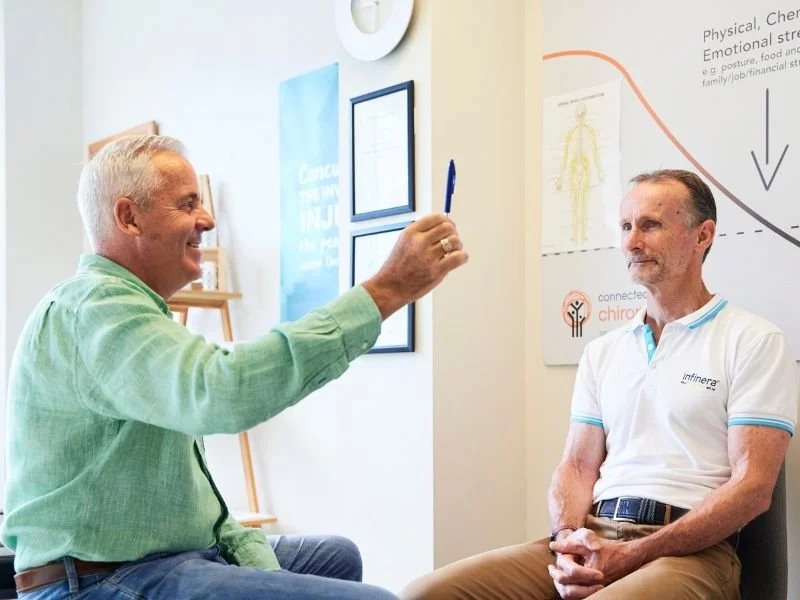How Concussions are Diagnosed in New Zealand
How Concussions Are Diagnosed in New Zealand: A Comprehensive Guide
Concussions are a type of mild traumatic brain injury (mTBI) that can occur due to an impact to the head or body. Diagnosing a concussion can be challenging, as symptoms may not appear immediately, and the injury often affects brain function temporarily. In New Zealand, the diagnosis of a concussion is carried out by medical professionals who use specific tools and protocols to ensure accurate assessment and treatment.
In this post, we will explore how concussions are diagnosed, the tools used in New Zealand, and what steps you should take if you suspect a concussion.
Diagnostic Tools for Concussions in New Zealand
Various tools and methods are used in New Zealand to assess and diagnose concussions:
BIST (Brain Injury Screening Tool):
Developed by New Zealand clinical experts, BIST is widely used to screen for concussions in individuals aged eight years and older. It helps healthcare providers assess symptoms and the impact on cognitive functions.SCAT5 (Sport Concussion Assessment Tool):
This tool is used primarily in sports-related injuries to evaluate the severity of the concussion. It includes a checklist of symptoms such as headaches, confusion, and memory loss, which helps to determine whether a concussion has occurred.Medical Examination:
A physical and cognitive examination is conducted to check for signs of a concussion. Doctors assess balance, coordination, memory, and concentration to rule out other conditions.
Signs and Symptoms of a Concussion
Concussion symptoms can vary greatly between individuals and may appear immediately or within 24 to 48 hours after the injury. Common symptoms include:
Physical symptoms: Headaches, dizziness, nausea, blurred vision, and sensitivity to light or noise.
Cognitive symptoms: Confusion, difficulty concentrating, memory problems, and feeling "foggy."
Emotional symptoms: Irritability, mood swings, and feeling more emotional than usual.
What to Do If You Suspect a Concussion
If you suspect that you or someone else has a concussion, follow these steps:
Seek Medical Attention: Always consult a healthcare provider for an official diagnosis.
Rest and Recover: Rest is essential for concussion recovery. Avoid physical and mental activities that could exacerbate symptoms.
Follow-up Care: Regular check-ups are important to monitor progress and adjust your recovery plan.
Why Choose Concussion Care?
At Concussion Care, we provide specialised concussion management services across New Zealand. Our expert team uses the latest diagnostic tools and personalised care plans to support you in your recovery journey. Whether you’re recovering from a sports injury or an accident, we’re here to help you regain your quality of life.

